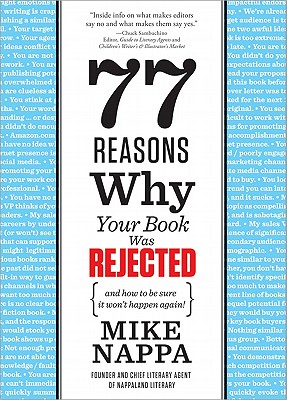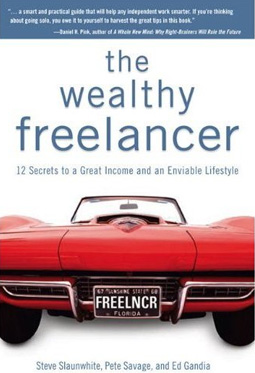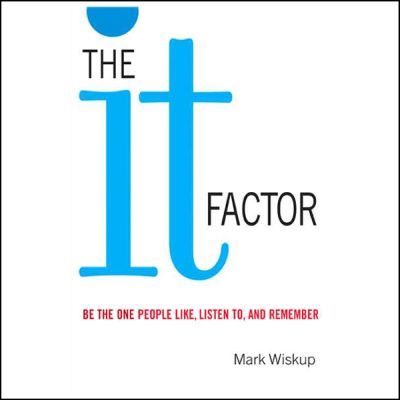 While it may seem that my life revolves around short-form magazine pieces about vibrators and low libido, what some of you may not know is that — once upon a time — I worked full-time for a book publisher, weeding through book proposals, drawing up author contracts, and developing marketing/publicity plans.
While it may seem that my life revolves around short-form magazine pieces about vibrators and low libido, what some of you may not know is that — once upon a time — I worked full-time for a book publisher, weeding through book proposals, drawing up author contracts, and developing marketing/publicity plans.
And so, while I’ve not yet courted traditional authorship myself, I do sometimes help clients with book proposal preparation and lit agent research.
In fact, as I’ve learned from working on several ebooks for Good in Bed, it’s a pretty short leap from being a short-form freelance writer to putting together an entire book. Which is why I thought some of you might be interested in 77 Reasons Why Your Book Was Rejected {and how to be sure it won’t happen again!}.
Because perhaps you have a book in you, too?
ANYway. After receiving a review copy of 77 Reasons and tweeting it up, a friend of mine (a published author who probably bristled at the admittedly provocative title) commented that I should give the book — and anyone who rejected me — “the Middle Finger, and then start looking for other smarter publishers/agents.”
I understood where he was coming from. After all, stories like the one surrounding The Help show that sheer determination, and an unwillingness to give up, can lead to authorial success.
But aspiring authors should be aware that some level of effort is still required on their part to increase their chances of getting a lit agent and/or a book publisher to sign on the dotted line. While writing an entire book is a daunting prospect to most of us, and we admire and envy those of you who can pull it off, that accomplishment does not, unfortunately, grant you a golden ticket to traditional publication.
Enter 77 Reasons.
Its author, literary agent and former acquisitions editor Mike Nappa, doesn’t leave much to chance. Throughout the book, he provides readers with the many reasons an editorial board, marketing department, or sales team might pass on your book, and then gives tips on how to avoid each of these pitfalls. He also gives aspiring authors an inside look at the book proposal consideration process, which may make readers amazed that any book has ever made it to publication.
Some of the pitfalls and pointers may seem common sense, but I feel confident that anyone in the midst of pulling together a book proposal will find value in this book. In fact, I suggest keeping it around on your reference shelf and using it as a checklist once you’ve pulled your proposal together.
It can only strengthen subsequent drafts.
Related: Breakneck Book Report: Adair Lara’s Naked, Drunk, and Writing, How To Get Your Book Published Before the Age of 25, Breakneck Book Report: How To Become a Famous Writer Before You’re Dead


 The
The 